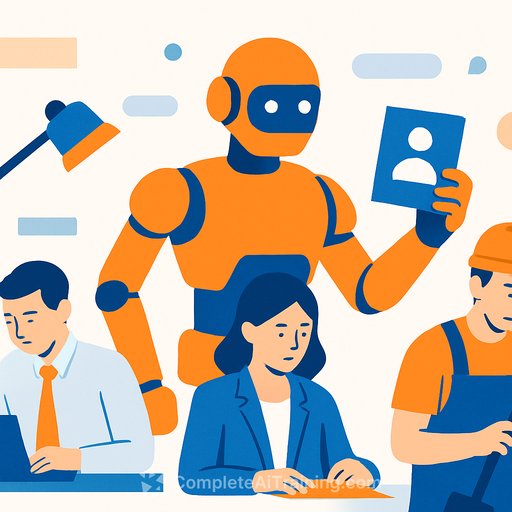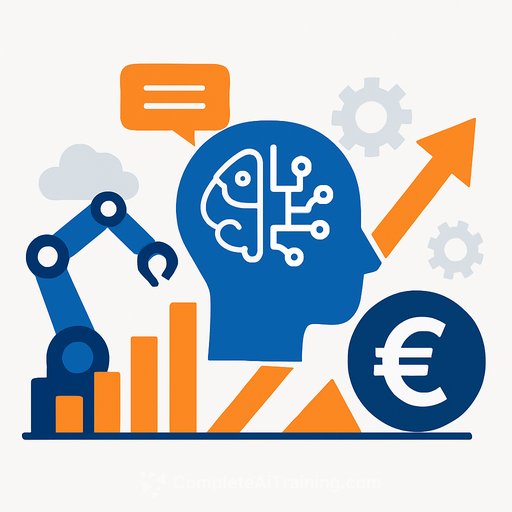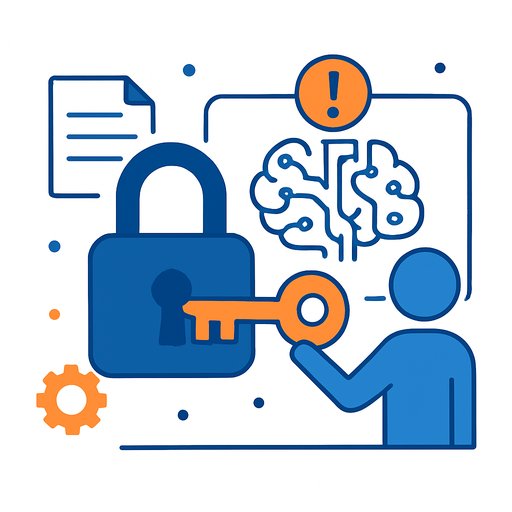Which Professionals Will AI Replace in the Next 5–10 Years? Expert Opinion
Artificial intelligence is changing the labor market, especially affecting jobs with routine and low-skilled tasks. According to Kirill Malofeev, CEO of Rus.Tsifra LLC, copywriters, artists, designers, and entry-level programmers face the highest risk of replacement by AI within the next 5 to 10 years.
Malofeev’s Forecast: Who’s Most Vulnerable?
Malofeev points out that AI will first target roles where tasks can be automated through algorithms. Key professions at risk include:
- Copywriters: AI models like GPT-4 already generate advertising, news, and SEO content, cutting demand for less experienced writers.
- Artists and Designers: Tools such as Midjourney and DALL·E create images and layouts, competing with entry-level graphic designers and illustrators.
- Entry-level Programmers: AI-powered assistants like GitHub Copilot handle simple coding tasks, reducing the need for junior developers.
Malofeev stresses that highly skilled professionals will continue to be in demand since their expertise and creativity are harder to automate. Still, companies are likely to reduce staff by replacing routine jobs with AI to lower costs. He notes, “Layer by layer, companies will remove people — especially where there are many and where the payroll is high.”
These changes are expected to become clear over the next 5–10 years as AI advances and becomes more integrated into business operations.
Global Trends and Industry Insights
This outlook matches broader research findings. A 2023 McKinsey Global Institute report suggests that by 2030, up to 30% of jobs in developed countries could be automated by AI. In Russia, data from HeadHunter shows a decline in demand for entry-level copywriters and designers, driven by generative AI tools.
However, some experts offer a more balanced view. For example, Ivan Petrov from Skolkovo points out that AI will create new roles such as neural network managers and AI ethicists, which could offset some job losses.
Risks and Opportunities
AI-driven automation carries both challenges and potential benefits:
- Risks:
- Job losses for low-skilled workers.
- Skill erosion due to over-reliance on AI, as analyst Anatoly Wasserman warns.
- Widening inequality favoring highly skilled professionals.
- Opportunities:
- New careers in AI development, testing, and governance.
- Improved productivity in creative and technical fields by leveraging AI tools.
- Access to retraining and upskilling through online platforms.
Experts suggest focusing on skills that AI cannot easily replicate, like critical thinking, creativity, project management, and cross-disciplinary knowledge.
Preparing for Change
AI will reshape the job market significantly in the coming decade, especially impacting low-skilled copywriters, artists, designers, and junior programmers. The key takeaway for IT and development professionals is to invest in continuous learning and skill development to stay relevant.
For those interested in upskilling or exploring AI-related career paths, resources like Complete AI Training offer a variety of courses covering AI tools, programming, prompt engineering, and more.
Adapting to AI’s impact requires proactive skill building and openness to new roles emerging in the AI ecosystem.
Your membership also unlocks:






